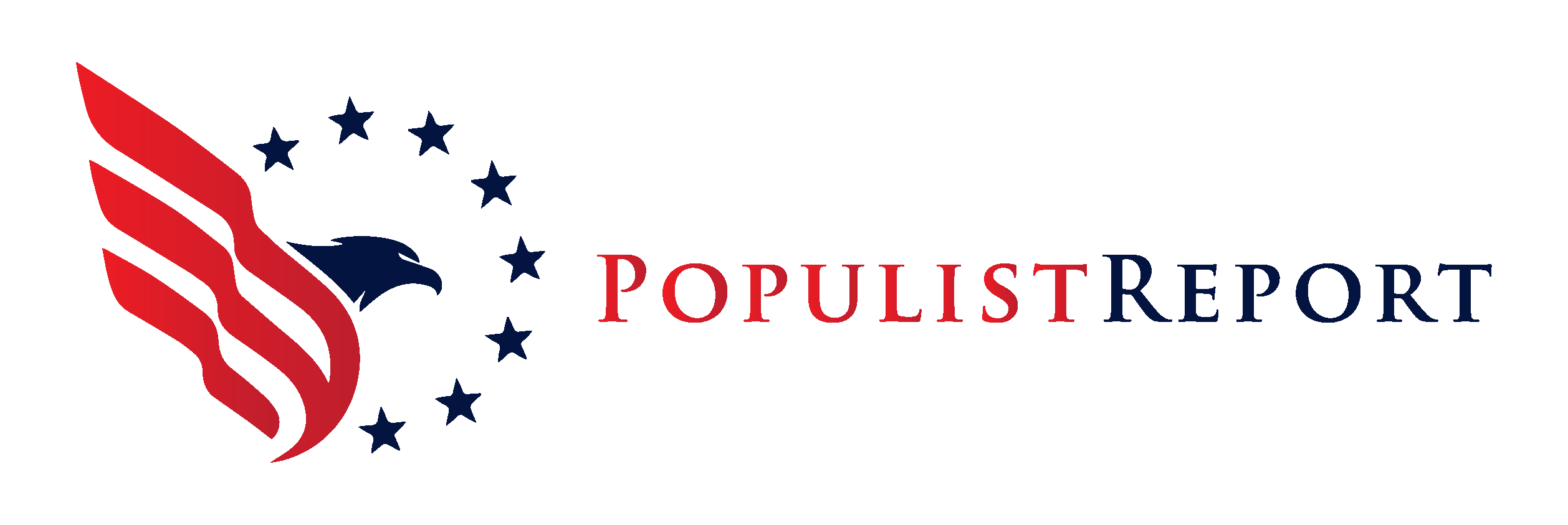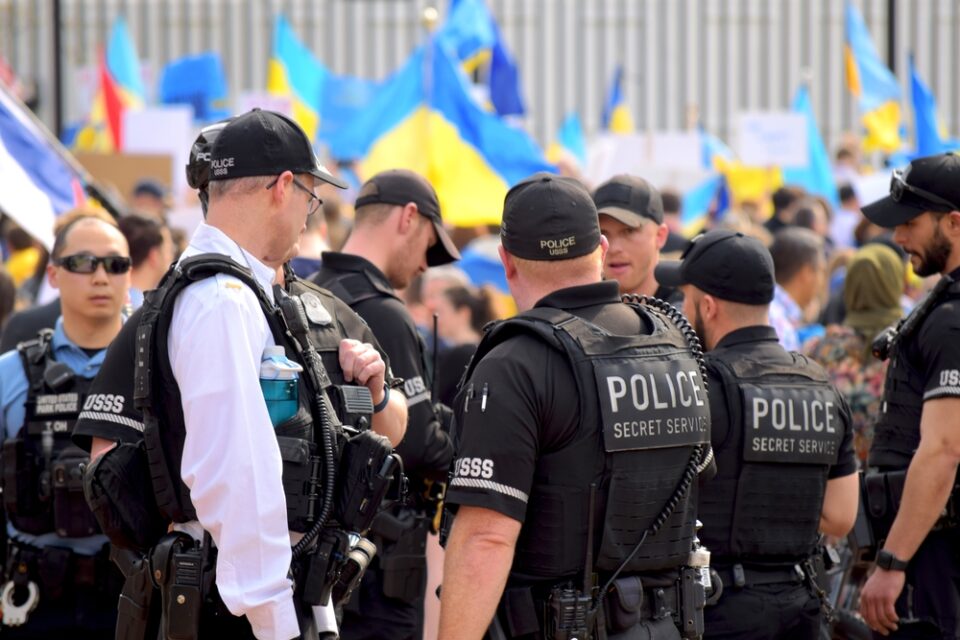Local law enforcement handed radios to the U.S. Secret Service for coordination during the July 13 Trump rally in Butler, Pennsylvania. Shockingly, these radios were never used by the Secret Service, as revealed by U.S. Sen. Ron Johnson (R-Wis.) on July 28.
Adding to the mishap, Johnson disclosed that counter-sniper teams only targeted the would-be assassin, Thomas Matthew Crooks, after he had already fired on former President Trump at 6:11 p.m. “We have it confirmed that the radios provided by local law enforcement to the Secret Service sniper teams were never used,” Johnson said on “Fox News Sunday.”
Johnson pointed out that the communication failures before and during Trump’s rally had dire consequences. “All communications were channeled separately,” he said. “Sniper and SWAT teams were on different channels than patrol officers, and different from the Secret Service, all funneled through a central system, which obviously delayed response and allowed this tragedy to happen.”
According to Johnson, the counter-snipers did not acquire Crooks as a target until after he started shooting. “They only targeted him after the shots were fired,” Johnson said. “We need detailed interviews with those involved to understand exactly what went wrong. It’s shocking how little information has been forthcoming from federal law enforcement.”
During Trump’s rally speech, a bullet grazed his right ear, fired by Crooks from approximately 130 yards away. Crooks fired seven more shots, killing retired Pennsylvania fire chief Corey Comperatore and seriously wounding two others, before a Secret Service counter-sniper finally took him down.
The Secret Service’s biggest security failure has prompted at least seven investigations. Johnson noted that photos of Crooks taken by a counter-sniper near the American Glass Research Building at 5:14 p.m. were received by the Secret Service well before the shooting. The command center, including Secret Service officers, acknowledged receipt of these photos at 5:55 p.m., 16 minutes before Crooks fired the first shot.
Sen. Chuck Grassley (R-Iowa) released text messages from a local counter-sniper to his colleagues, showing that police were aware of Crooks’ suspicious presence at 4:26 p.m., much earlier than previously reported. These texts indicated that the counter-sniper had seen Crooks sitting at a picnic table and that Crooks was aware of the police presence.
Investigators from the Permanent Subcommittee on Investigations have primarily relied on local law enforcement for information. The subcommittee has contacted seven local and state agencies for materials related to the assassination attempt. “We need a detailed timeline and all forms of communication, including emails, texts, and voice recordings,” Johnson stated.

